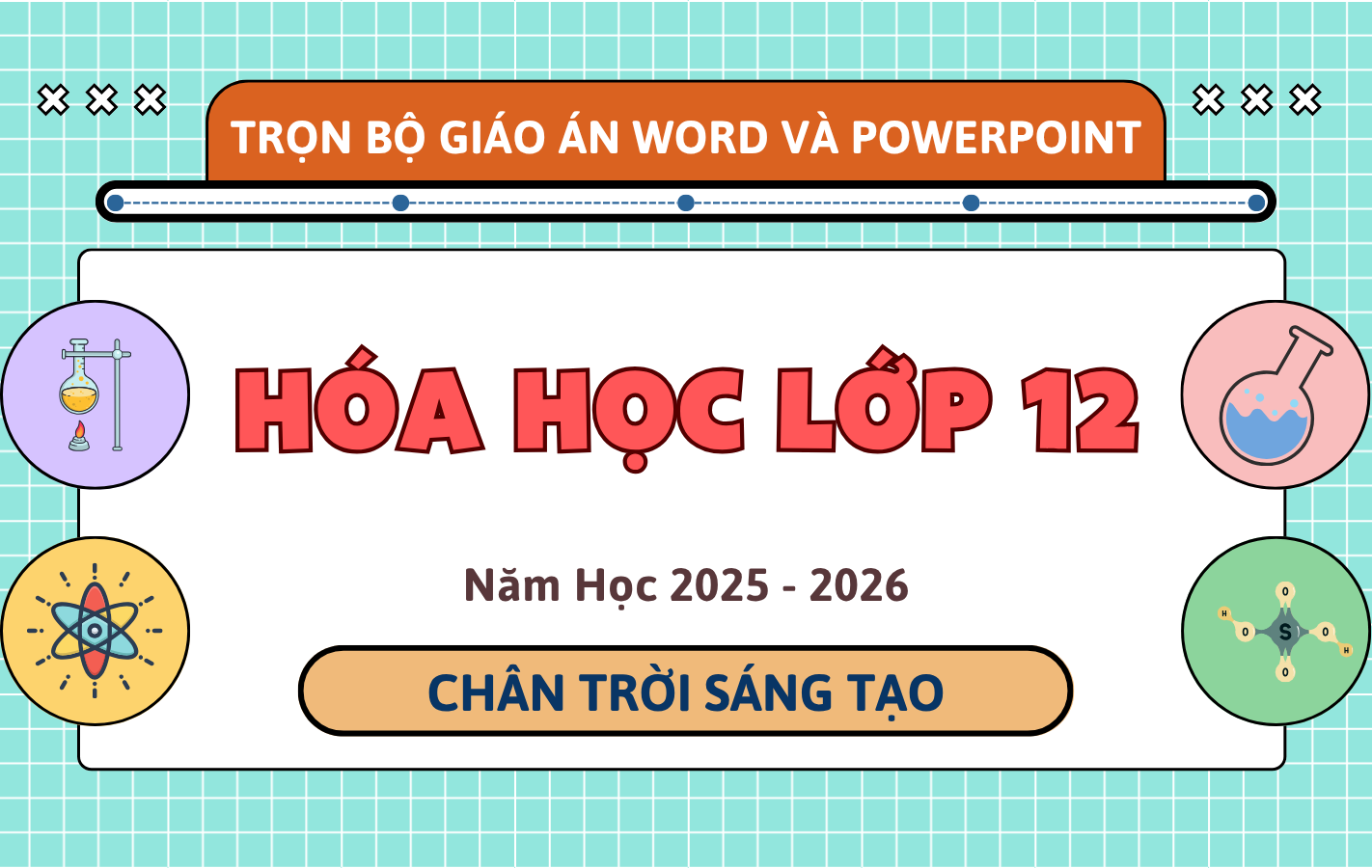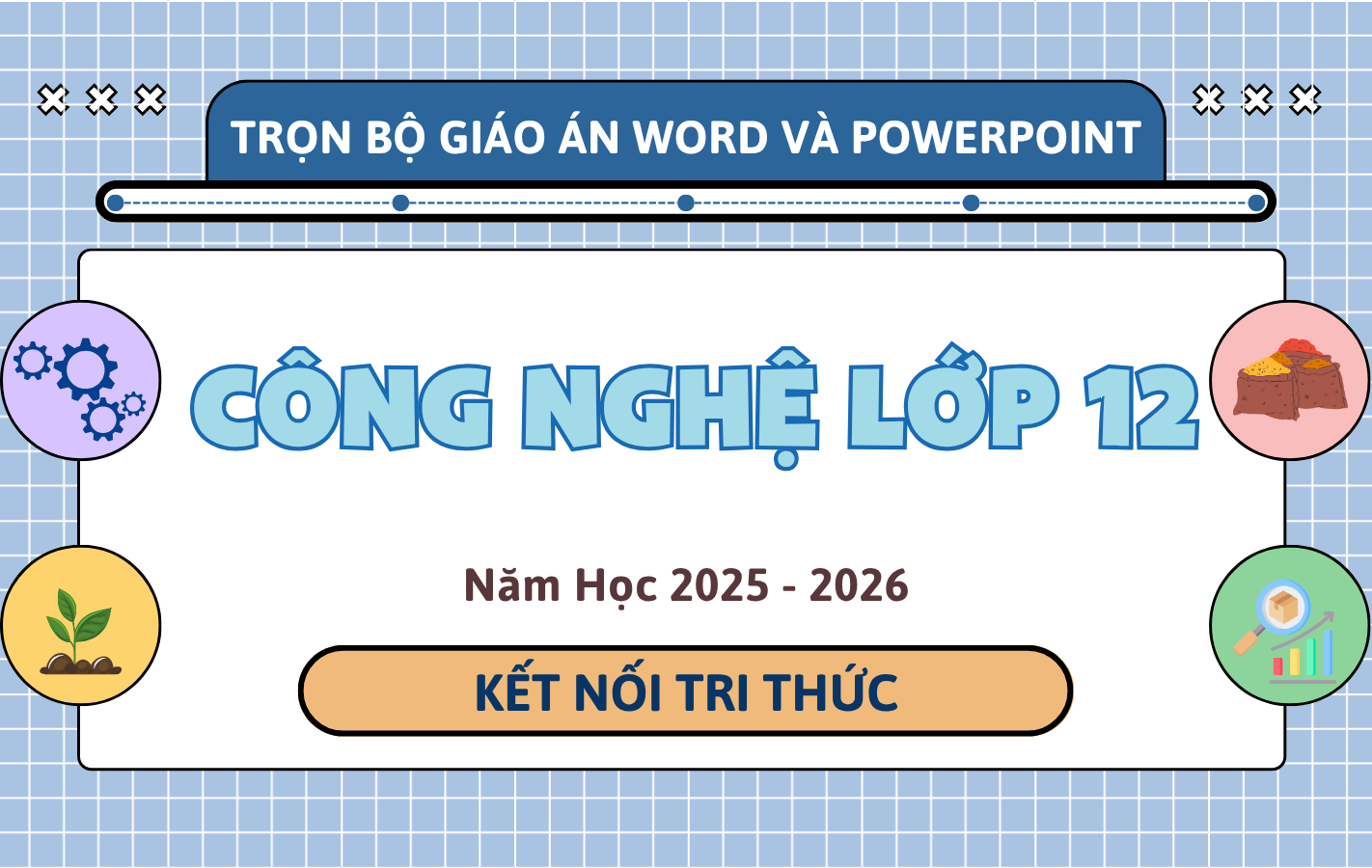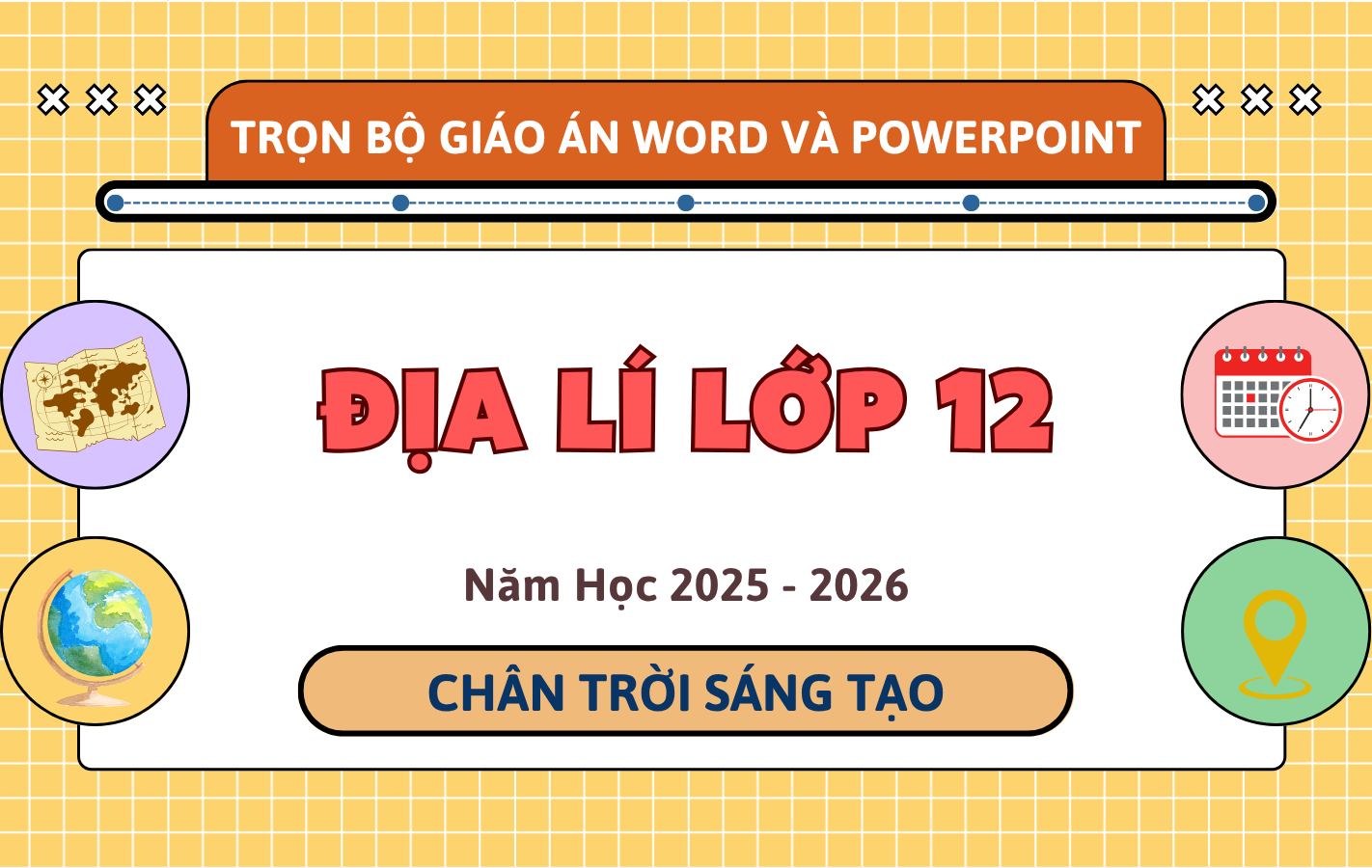Câu hỏi:
Read the following passage and mark the letter A, B, C, or D on your answer sheet to indicate the correct answer to each of the questions from 41 to 45.
When parents name their children, they often take into consideration their own preferences, family traditions, or beliefs. In many European cultures, parents typically select names based on family connections, often honoring grandparents or ancestors. For instance, in Italy, children are commonly named after their grandparents, starting with the father's parents and then the mother's. Similarly, in Eastern Europe, children may be named after their deceased relatives to protect them from harm.
In some Asian countries, the naming process may involve the child's grandfather or a fortune-teller, who chooses a name believed to shape the child's character. Names might be inspired by elements like fire, water, earth, wood, or metal, or they may convey qualities such as beauty, strength, or kindness.
African cultures also have unique naming traditions, such as in Ghana's Akan culture, where a child's name is determined by the day of their birth. Each day has specific names for boys and girls, reflecting characteristics associated with that day. For example, a boy born on Friday might be named Kofi, symbolizing a "wanderer" or "explorer" while a girl born on the same day could be named Afua, also representing a traveler.
No matter where a name originates, it holds significant meaning and reflects the child's cultural heritage. Whether chosen out of preference or dictated by tradition, a child's name is a cherished and respected gift.
It can be inferred from the passage that names in China would relate to______.
Đáp án đúng: B
Giải thích
Dịch đề: Có thể suy ra từ đoạn văn rằng việc đặt tên ở Trung Quốc liên quan đến ______.
a child's birth date: ngày sinh của một đứa trẻ
a child's personality: tính cách của một đứa trẻ
a child's birth element: yếu tố ngày sinh của một đứa trẻ
a child's ancestors: tổ tiên của một đứa trẻ
Trích bài: In some Asian countries, the naming process may involve the child's grandfather or a fortune-teller, who chooses a name believed to shape the child's character. Names might be inspired by elements like fire, water, earth, wood, or metal, or they may convey qualities such as beauty, strength, or kindness.
Tạm dịch: Ở các nước châu Á, quá trình đặt tên có thể liên quan đến ông nội của đứa trẻ hoặc một thầy bói, người chọn một cái tên được cho là sẽ hình thành nên tính cách của đứa trẻ. Tên có thể được lấy cảm hứng từ các yếu tố như lửa, nước, đất, gỗ hoặc kim loại hoặc chúng có thể truyền tải những phẩm chất như vẻ đẹp, sức mạnh hoặc lòng tốt.
Như vậy việc đặt tên ở Trung Quốc liên quan đến tính cách của đứa trẻ. Các yếu tố về nước, lửa,… chỉ làm rõ thêm ý định hình tính cách của đứa trẻ chứ không phải là liên quan đến yêu tố ngày sinh.
Câu hỏi này thuộc đề thi trắc nghiệm dưới đây, bấm vào Bắt đầu thi để làm toàn bài
Câu hỏi liên quan

Trọn Bộ Giáo Án Word & PowerPoint Tiếng Anh 12 – I-Learn Smart World – Năm Học 2025-2026

Trọn Bộ Giáo Án Word & PowerPoint Tiếng Anh 12 – Global Success – Năm Học 2025-2026

Trọn Bộ Giáo Án Word & PowerPoint Hóa Học 12 – Kết Nối Tri Thức – Năm Học 2025-2026

Trọn Bộ Giáo Án Word & PowerPoint Hóa Học 12 – Chân Trời Sáng Tạo – Năm Học 2025-2026

Trọn Bộ Giáo Án Word & PowerPoint Công Nghệ 12 – Kết Nối Tri Thức – Năm Học 2025-2026
